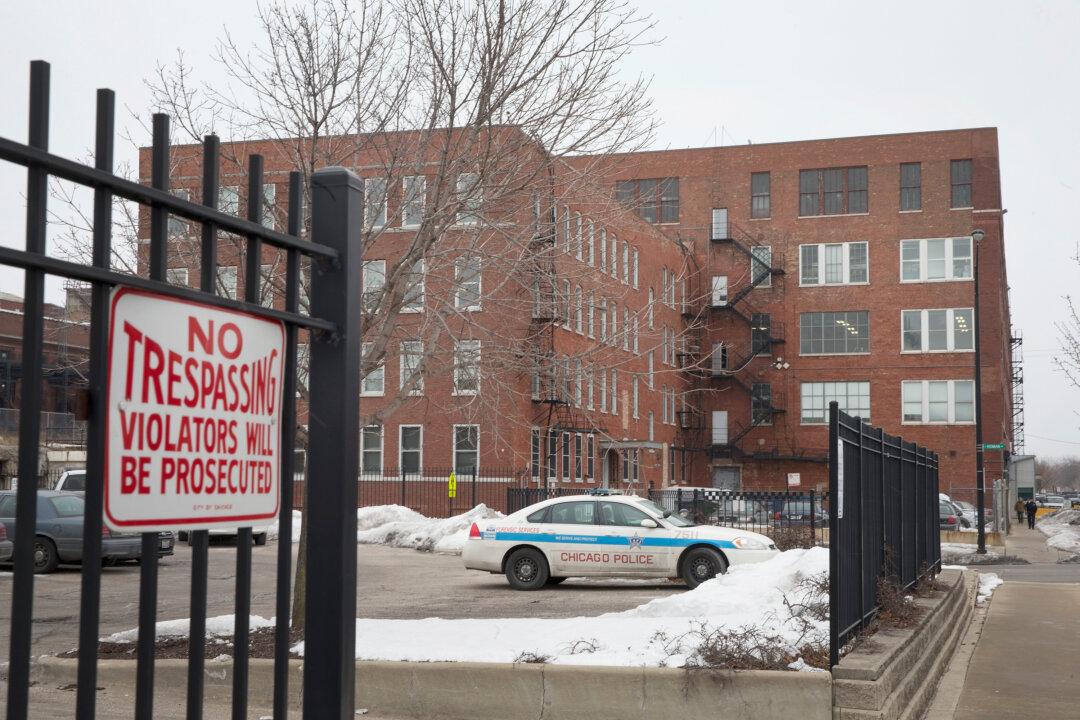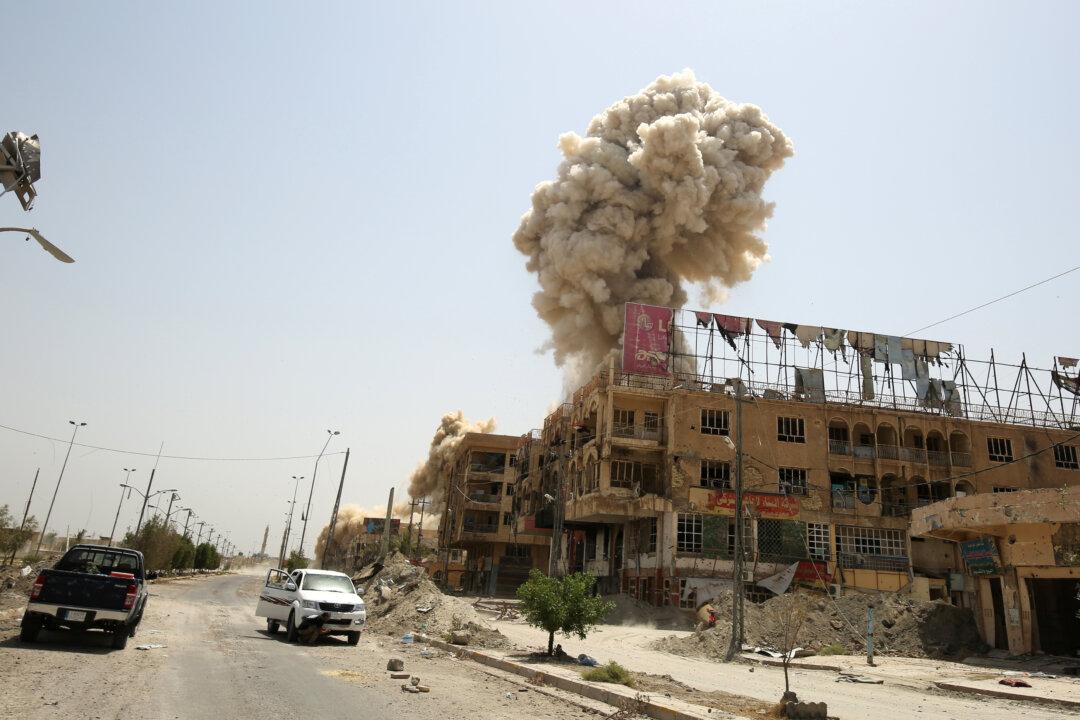The Chicago Police Department is being scrutinized by city residents, local media, and politicians after a report by the Guardian about an allegedly secret interrogation location on Chicago’s Westside.
The investigative report, published on Feb. 24, compared the location called Homan Square to infamous CIA ‘black sites’ that are off the books and have been the scene of torture and secret imprisonment, known as rendition.
The report included interviews with several local attorneys who said that clients held at Homan Square were subjected to a litany of abuses in violation of their constitutional rights and municipal laws that govern the police department.
The allegations included that it is extremely difficult to track down a client held at Homan Square, that some suspects are held without being read their Miranda rights, or are held without being allowed to contact legal counsel. There were also allegations of physical abuse. Records of people held there are typically impossible to find, reported the Guardian.
The newspaper also said that it is nearly impossible to gain access Homan Square.
Formal Response
The Chicago Police Department (CPD) issued a formal response to the report after the Guardian published its story. The statement describes Homan Square as a highly sensitive facility that is owned and operated by the CPD and is legally run.
“The facility is considered sensitive because many officers who operate there are often involved in undercover assignments, and advertising their location could put their lives at risk,” the statement reads in part.




